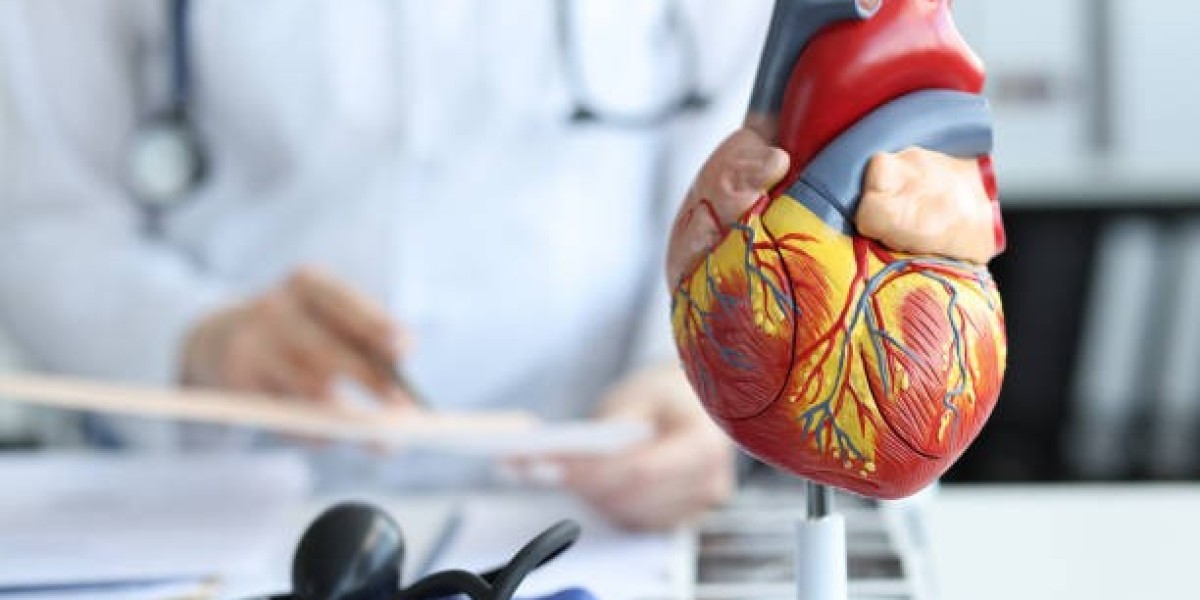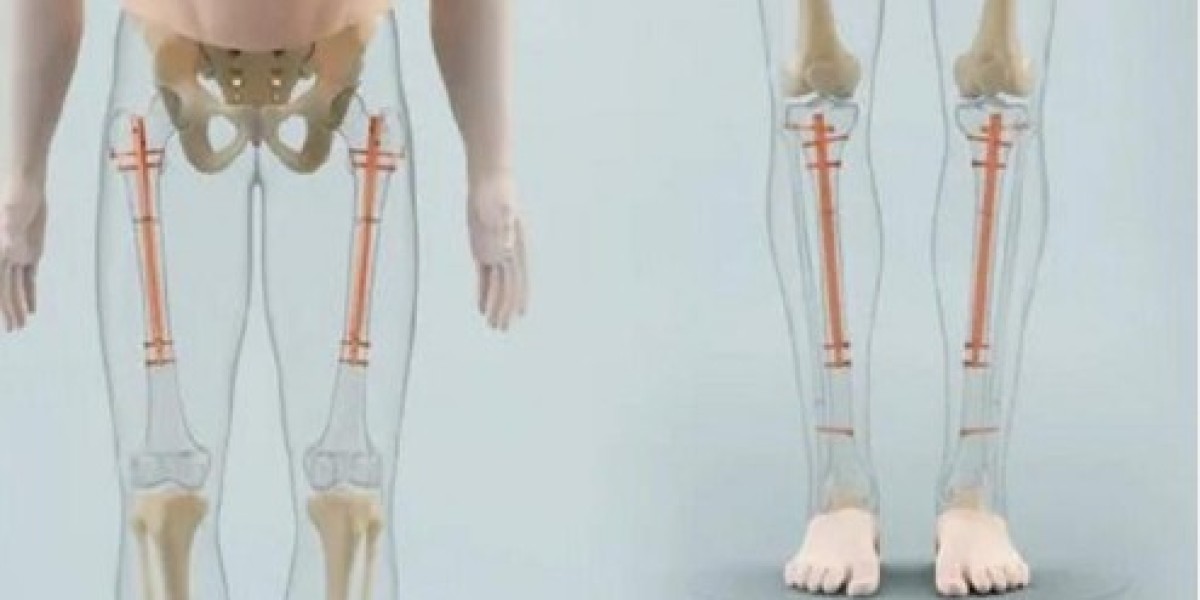Vascular surgery plays a crucial role in managing a variety of conditions affecting the vascular system, including arteries and veins. In Riyadh, advancements in medical technology and techniques have made this specialty more accessible, offering patients effective solutions to their vascular issues. This article aims to explore the key aspects of vascular surgery in Riyadh, including common procedures, benefits, risks, and the overall patient experience.
What is Vascular Surgery?
Vascular surgery is a specialized field that focuses on the diagnosis, treatment, and management of disorders of the vascular system. This includes diseases affecting the arteries, veins, and lymphatic vessels. Conditions commonly treated by vascular surgeons include:
- Aneurysms: Bulges in blood vessels that can rupture if left untreated.
- Peripheral Artery Disease (PAD): A condition where narrowed arteries reduce blood flow to the limbs, often causing pain and mobility issues.
- Deep Vein Thrombosis (DVT): The formation of blood clots in deep veins, usually in the legs.
- Varicose Veins: Enlarged veins that often appear swollen and bulging.
- Chronic Venous Insufficiency: A condition where veins cannot pump enough blood back to the heart.
Understanding these conditions is essential for patients considering vascular surgery in Riyadh.
Why Consider Vascular Surgery?
Improved Quality of Life
One of the primary motivations for undergoing vascular surgery in Riyadh is the significant improvement in quality of life. Patients suffering from conditions like PAD or varicose veins often experience discomfort that can limit their daily activities. Surgical intervention can alleviate symptoms and enhance mobility, enabling a more active lifestyle.
Minimally Invasive Techniques
Recent advancements in vascular surgery include minimally invasive techniques that offer numerous benefits. Procedures such as endovascular aneurysm repair (EVAR) or catheter-based treatments often require smaller incisions, leading to:
- Reduced pain: Smaller cuts typically result in less postoperative discomfort.
- Faster recovery: Patients often experience shorter hospital stays and quicker returns to daily activities.
- Lower risk of complications: Minimally invasive procedures generally carry fewer risks than traditional open surgeries.
Customized Treatment Plans
Every patient's vascular condition is unique, and thus, treatment plans should be tailored to meet individual needs. Vascular surgeons in Riyadh work closely with patients to develop customized strategies, considering factors such as:
- The specific condition being treated
- The patient’s overall health and medical history
- Lifestyle preferences and goals
This personalized approach ensures optimal outcomes and a smoother recovery process.
Common Procedures in Vascular Surgery
Endovenous Laser Treatment (EVLT)
EVLT is a popular minimally invasive procedure used to treat varicose veins. This technique involves:
- Inserting a thin catheter into the affected vein.
- Delivering laser energy to collapse the vein.
- Redirecting blood flow to healthier veins.
Patients can usually go home the same day and experience minimal downtime, making it an attractive option for those with busy lifestyles.
Angioplasty and Stenting
Angioplasty is commonly performed for patients with narrowed arteries due to atherosclerosis. The process includes:
- Inserting a thin tube called a catheter into the affected artery.
- Inflating a small balloon to widen the narrowed section.
- Placing a stent to keep the artery open.
This procedure improves blood flow and reduces symptoms associated with PAD.
Bypass Surgery
In more severe cases of arterial blockage, bypass surgery may be necessary. This involves:
- Creating a new pathway for blood flow around the blocked artery using a graft (usually taken from another part of the patient’s body).
- Enhancing circulation to the affected limb or organ.
Bypass surgery can significantly improve quality of life for those with critical limb ischemia.
Potential Risks and Complications
While vascular surgery in Riyadh offers many benefits, it is essential to be aware of potential risks and complications, which may include:
- Infection: Any surgical procedure carries a risk of infection.
- Bleeding: There may be bleeding during or after the procedure.
- Blood Clots: Postoperative blood clots can occur, particularly after more invasive surgeries.
- Nerve Injury: Surrounding nerves may be affected during surgery, leading to numbness or weakness.
Understanding these risks helps patients make informed decisions and prepare for their surgical journey.
Preparing for Vascular Surgery
Preparation is key to a successful surgical outcome. Here are some essential steps patients should consider:
Medical Evaluation
Before undergoing vascular surgery in Riyadh , patients will typically undergo a thorough medical evaluation, which may include:
- Detailed medical history
- Physical examination
- Diagnostic imaging (such as ultrasound or CT scans) to assess the vascular condition
Lifestyle Modifications
Patients are often advised to make certain lifestyle changes prior to surgery, which may include:
- Quitting smoking: Smoking can impair healing and increase complications.
- Managing chronic conditions: Controlling diabetes, hypertension, and cholesterol levels can improve surgical outcomes.
- Following a healthy diet: A balanced diet can enhance overall health and recovery.
Understanding the Procedure
Patients should have a clear understanding of what to expect during and after the procedure. This includes:
- The specific steps involved in the surgery.
- Anesthesia options and the expected duration of the procedure.
- Potential recovery timelines and restrictions.
Postoperative Care
After undergoing vascular surgery in Riyadh, proper postoperative care is vital for a successful recovery. This typically involves:
Monitoring Recovery
Patients should be aware of common signs to monitor after surgery, including:
- Pain management: Following the prescribed pain management plan is essential.
- Signs of infection: Monitoring for fever, redness, or discharge at the surgical site.
- Changes in mobility: Patients should be mindful of any new or worsening symptoms, such as swelling or leg cramps.
Follow-Up Appointments
Regular follow-up appointments are crucial for assessing the surgical site and ensuring proper healing. During these visits, the healthcare provider may:
- Evaluate the success of the surgery.
- Adjust any medications as needed.
- Provide guidance on returning to normal activities.
Lifestyle Changes
Continued adherence to lifestyle changes post-surgery can help maintain vascular health and prevent further complications. This may include:
- Engaging in regular physical activity, as advised by the healthcare provider.
- Following a heart-healthy diet.
- Staying well-hydrated.
Conclusion
Vascular surgery in Riyadh represents a significant advancement in managing vascular diseases, offering patients hope for improved health and quality of life. With a variety of procedures available and the incorporation of minimally invasive techniques, individuals can access the care they need to overcome their vascular challenges. By understanding the conditions treated, potential risks, and the importance of postoperative care, patients can confidently embark on their journey to better vascular health.








